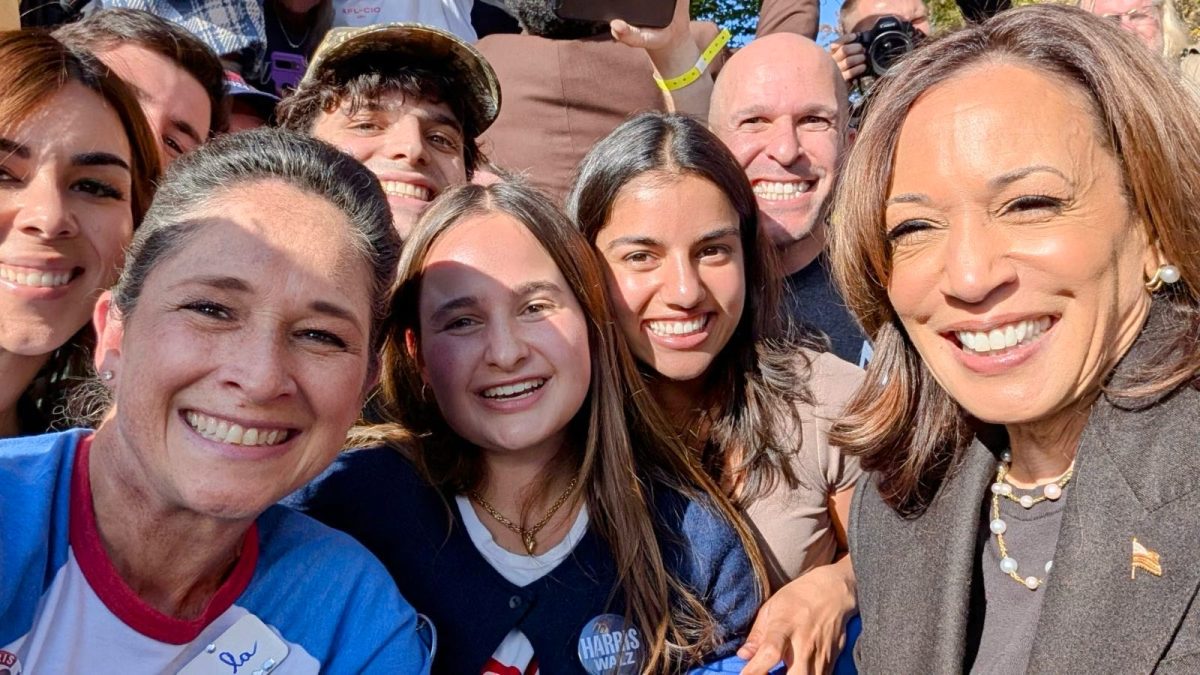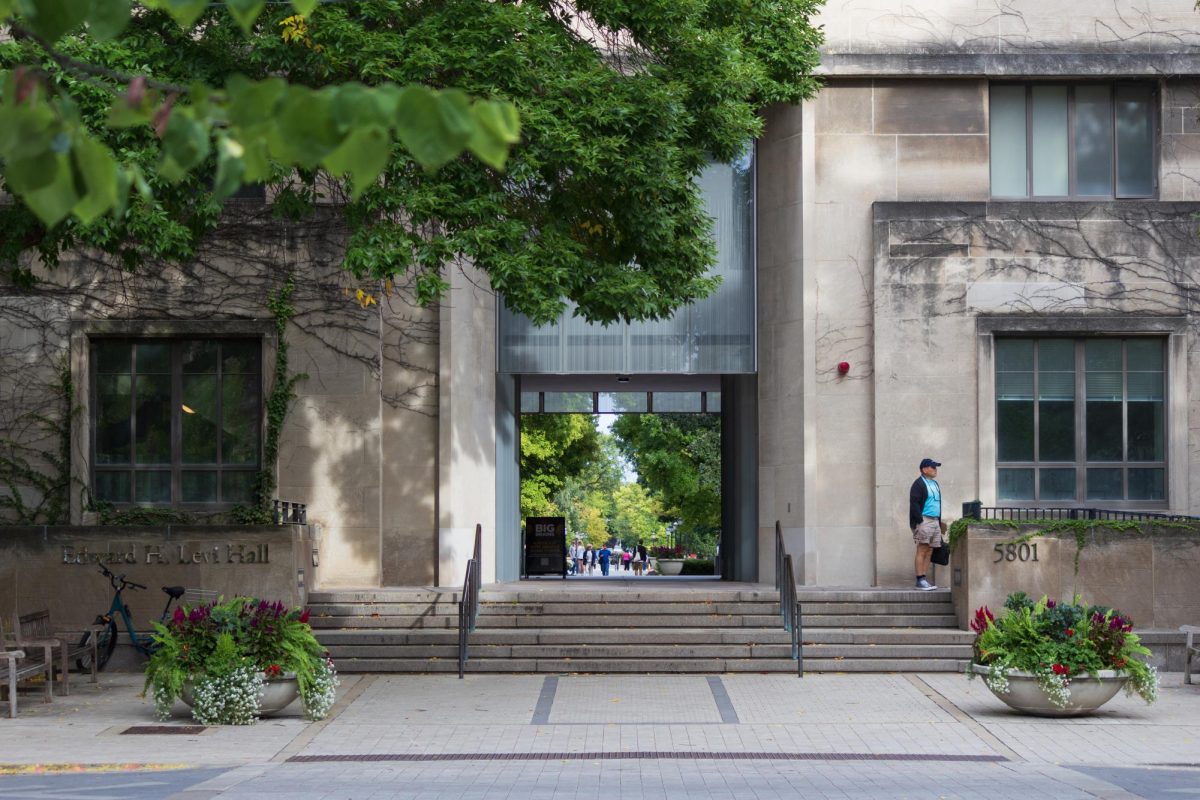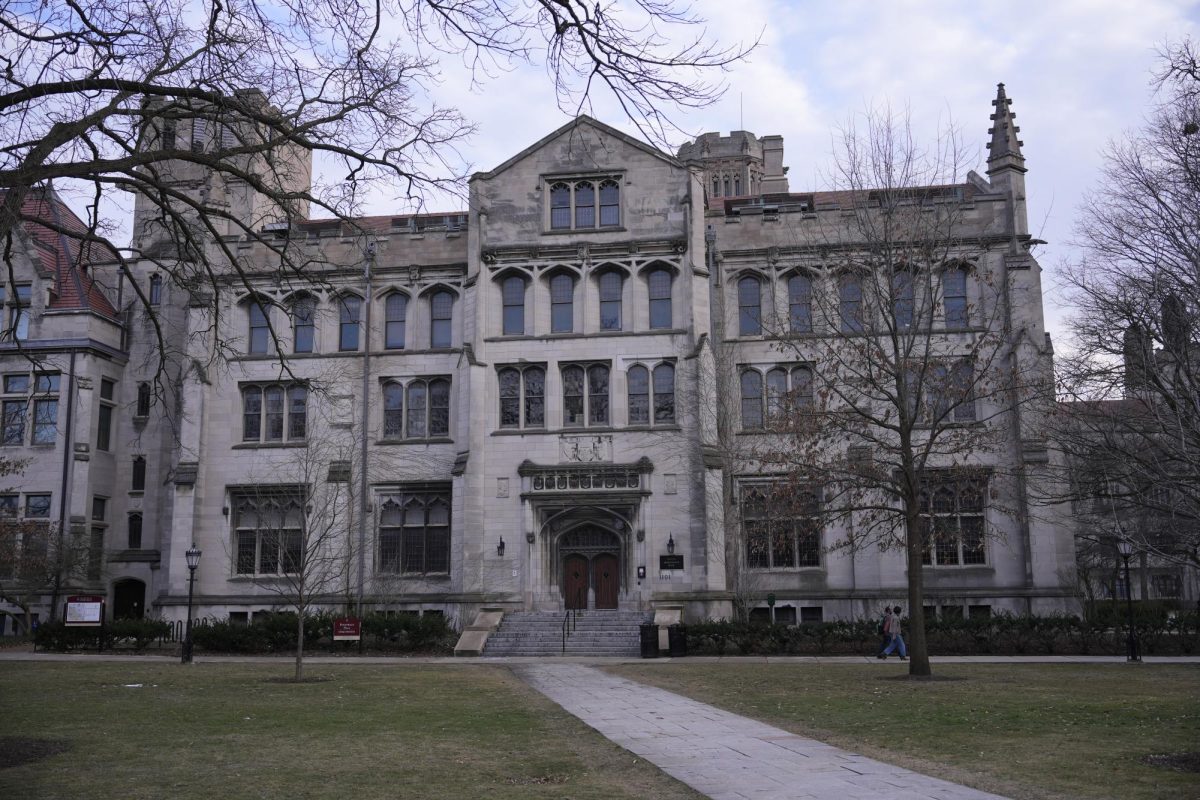The University said Thursday that it can now guarantee free tuition for students whose families earn less than $125,000, and that students whose families earn less than $60,000 will be guaranteed free tuition plus room and board. While the University’s plans to make admissions test-optional have garnered more widespread attention, many reporters have framed the new free tuition commitment as a groundbreaking expansion of financial aid.
The fourth paragraph of The Washington Post’s article breaking the news of the University’s test-optional policy addresses financial aid (emphasis added): “U-Chicago is also expanding financial aid and scrapping in-person admission interviews, which had been optional.” More details are included toward the bottom of the story: “With the change in admissions policy will come a significant boost in financial aid. The university is announcing a guarantee of free tuition for students from families with income under $125,000 a year. For most students with annual family income below $60,000, financial aid will cover tuition, fees, room and board.”
Reporters from the Chicago Tribune and Inside Higher Ed then followed suit, using similar language in their stories.
A Crain’s Chicago reporter subsequently tweeted: “Big news is buried at the bottom of this story. @UChicago announces free tuition for students whose families make less than $125,000.”
All the glowing coverage begs the question: If what the University announced was a significant expansion of financial aid, why are the tuition guarantees treated as less important than the test-optional news in both the Post story and the University’s own announcement?
Perhaps the answer is that the guarantees do not actually represent a significant expansion of financial aid for the Class of 2023.
The Maroon asked the University if all, or nearly all students whose families earn less than $125,000 had tuition completely covered last year.
The University responded:
This is a new commitment, made possible by the dramatic growth over the last decade in gifts to the University for financial aid and the University’s corresponding increase in spending on financial aid, which has more than doubled over the last 10 years. (In 2008, UChicago’s undergraduate financial aid budget was $62 million; this year it was $145.7 million.)
Given that the University chose to cite financial aid growth over the last 10 years, it seems safe to read between the lines that financial aid spending will not increase significantly from the 2017-2018 year to the 2018-2019 year. In other words, the commitment is new, but next year’s financial aid budget is likely similar to last year’s. Despite all the positive coverage, students whose families’ incomes fall below $125,000 or $60,000 will likely not see any substantive difference in the amount of financial aid they receive between this year and next year.
It would be great news if it were true that “with the change in admissions policy will come a significant boost in financial aid,” as the Post wrote. And sure, it theoretically could be true—the University does not appear to be pushing back on the characterization—but it’d be helpful if reporters with huge platforms would wait for the University to at least make that claim in its own promotional materials before they write it in their stories.
Pete Grieve is a third-year in the College majoring in political science. He is Co-Editor-in-Chief.







